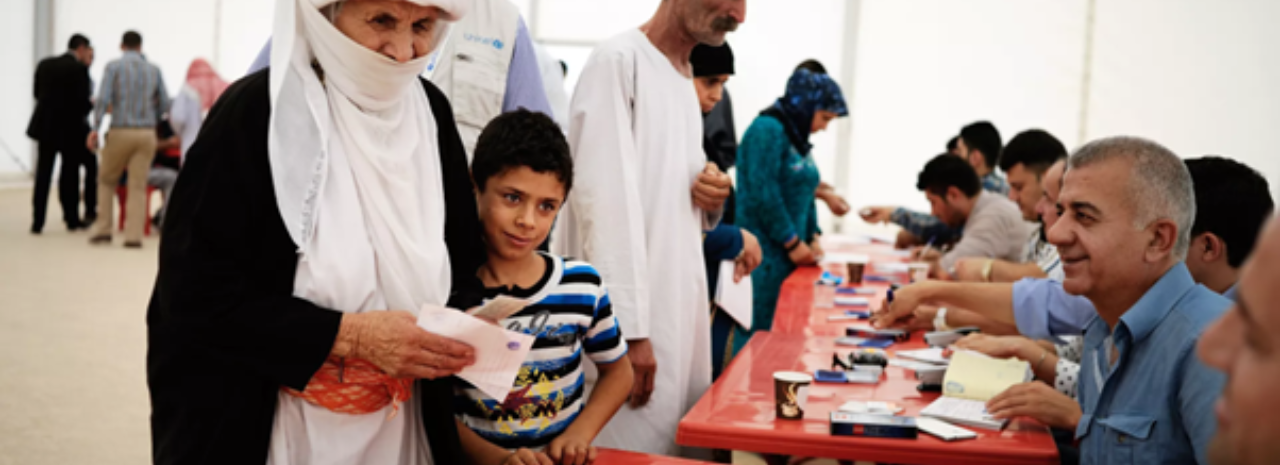
Fiscal space analysis to bolster social protection in Iraq
Genesis was contracted by UNICEF to undertake a fiscal space analysis in Iraq for social protection.
The aim is to identify potential sources of revenue and expenditure rationalisation options that can enhance the fiscal sustainability of social protection programmes and support expansion of social protection in line with a proposed statistical framework.
The study will examine national capacity to mobilise resources using different financing options. More specifically, it will explore:
- Expanding social security coverage and contributory revenues.
- Increasing tax revenues.
- Eliminating illicit financial flows.
- Re-allocating public expenditures.
- Using fiscal and central bank foreign exchange reserves.
- Borrowing and restructuring existing debt.
- Adopting a more accommodating macroeconomic framework.
- Increasing aid and transfers.
At the forefront of Iraq’s economic challenges is its dependence on oil revenues, which account for 95% of total government revenues. This, coupled with high levels of public debt (about 54% of GDP), exerts significant pressure on the government’s finances. The weak institutional capacity and ineffective financial management systems further hinder the efficient implementation of fiscal policies.
Additionally, the demands on the fiscal space in Iraq are expanding. The country’s demographic structure, characterised by a young and growing population, is expected to continue to put pressure on public services, including social protection. This increases pressure on the already constrained fiscal purse.
Increasing vulnerability to shocks is expected to place additional pressure on the fiscal space. The rising risks from climate change have had a negative impact on health, labour and social protection in Iraq, further exacerbating the situation.
These challenges have tangible consequences for social protection. The increased demand for social protection is experienced in a context with pre-existing social protection gaps. Effective coverage of social protection benefits reaches just 40.5%, with particularly low coverage for vulnerability status (26.9%) and persons with disabilities (9.3%).
The Covid-19 pandemic exacerbated these issues, leading to increased poverty rates. An estimated rise from 20% in 2018 to 31.7% in 2020 equates to 4.5 million people falling into poverty, in addition to the 6.9 million people living in poverty pre-crisis.
Children bore a disproportionate burden, with child poverty rates temporarily increasing by 15.8% during the pandemic, reaching 37.9%. Their Multidimensional Vulnerability Index is estimated at 48.8%. Given that children under 18 account for 45% of Iraq’s population, these vulnerabilities have widespread implications for Iraqi households and the economy at large.